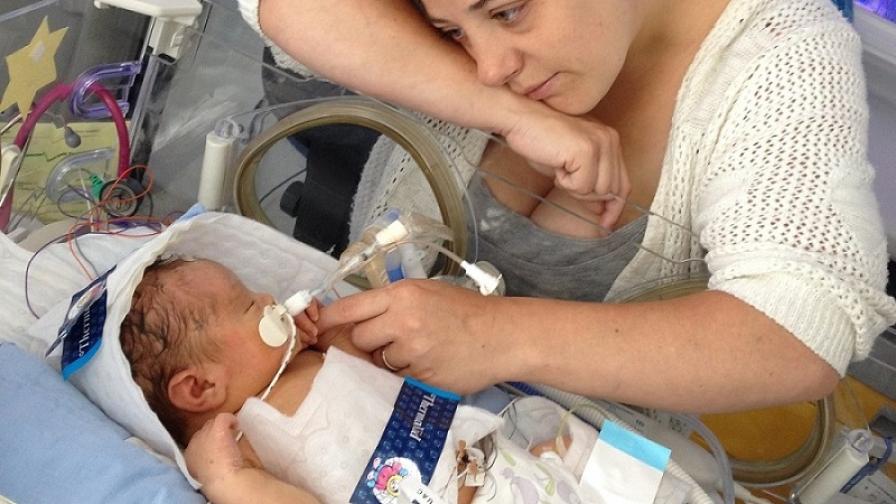Researchers have shown that a commonly used diabetes medicine is effective at protecting the brain from damage at birth – either alone or in combination with cooling therapy. This work has importantly led to further funding to allow progress towards a clinical trial.

Hypoxic-ischemic encephalopathy (HIE) is a serious complication of childbirth that causes lasting damage to a baby’s brain. It's usually caused by a lack of oxygen and estimates suggest it affects over 2,000 babies in the UK each year. Sadly some die and many others develop irreversible and lifelong learning and physical disabilities, including cerebral palsy. The emotional and financial cost of caring for these children can be enormous.
Cooling therapy, a treatment developed with previous Action funding, is now routinely used in the UK. This can help some babies, but sadly not all. Over half of those who develop HIE still cannot be saved or will develop lifelong disabilities. So, a new drug or therapy that can be combined with cooling to enhance its effectiveness is urgently needed.
With Action funding, Professor Ahad Rahim and researchers at University College London, King’s College London and St Thomas’ Hospital, have tested a drug called exendin-4 in the laboratory to see whether it could protect a baby’s brain from damage due to HIE.
This research showed that the drug is highly effective. It prevents the loss of important nerve cells called neurons and at the same time, reduces inflammation and other processes known to be harmful to the brain. Furthermore, the team also showed that it can be effectively combined with cooling therapy to improve its effectiveness even further. Exendin-4 is already used as treatment for adults with other conditions, so it is hoped it could be quickly developed to treat babies.
The researchers have now started to work with key doctors in the UK and in Europe to take these findings forward to a clinical trial. The work funded by Action has allowed them to secure government funding of £1.5 million from the Medical Research Council. This will allow the work to progress forwards, to improve treatments for babies shortly after birth.
The Action Medical Research funding was very important – enabling us to obtain data, which helped us gain follow-up funding to move the work further towards the clinic”
